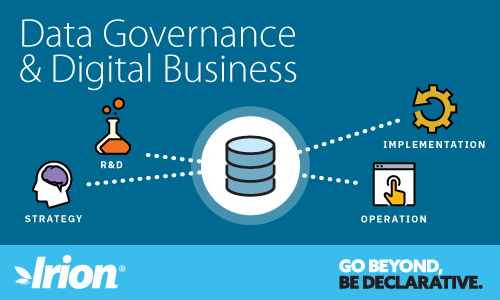We have been talking about digital business and digital transformation for some time now, considering them decisive for the future of businesses. Key factors both in the success of digital native companies and in the survival of incumbents that are experiencing the unexpected competition capable of operating with innovative business models.
They are entirely based on information technologies, able to erode significant shares of that market until now exclusively prerogative.
A lot has been talked and written about how a digital business transition involves changes not only in technology, but in processes, skills and business culture. It is undeniable however, that there is no digital business without data.
What is the role of data in the design and execution of a digital strategy?
Let’s look at some examples. Digital interaction with customers through an app entails the exchange of data. A complex process of managing the digital customer journey is conceived, designed, created, executed, governed, thanks to data collected, enriched, aggregated, acquired, transformed, generated in several phases of its life cycle, from conception to operation.
Let’s look at these phases more in detail.
Execution
We need data to manage customer relations , which in turn generates data: in a digital intensive model this interaction is automated, partly because part of its value lies on execution speed, not interrupted by human tasks; human intervention is limited to supervision, decision-making role, for example, in the case of non-automatable choices (perhaps for now …) among multiple options.
This delegation of operational management of the process alone implies not only trust in its ability to carry it out successfully, but in the reliability of data it deals with: it must be complete, accurate and timely. In other words, we are talking about satisfying data quality criteria that must be guaranteed beforehand, proactively.
Design
Data is also needed to support design and implementation phases of technological solutions supporting the process: both for solution testing and machine learning model training.
You must identify data that configures representative use cases, guaranteeing personal data protection constraints such as: pseudonymizing test data or training sets; but this requires a set of metadata (ownership, semantics, masking rules) that enables qualification in an “identity card” data used for this purpose.
Research and development
Even preparatory phases for solution implementation(such as the search for digitalization opportunities, sustainability/feasibility of a business idea) require appropriately qualified data, equipped with metadata capable of determining in detail:
- The location in the IT systems or
- The availability in accessible company sources t
- Reliability
- Transformation paths to which they are subjected to (discovery rules, quality, lineage)






